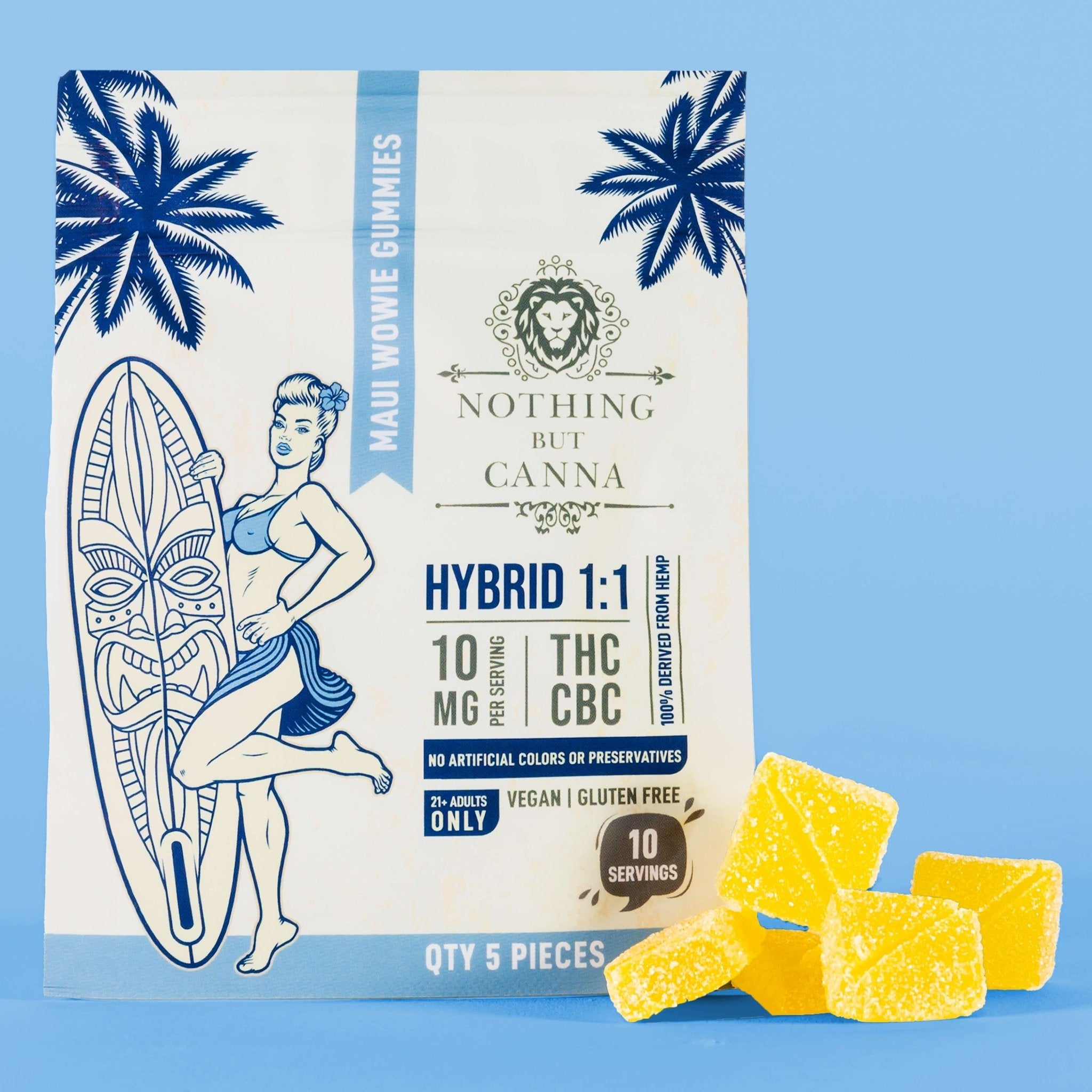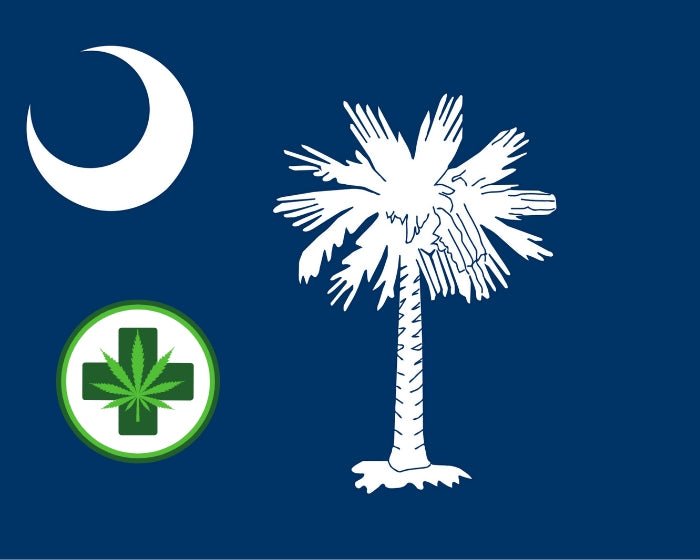The agency targets companies marketing CBD-infused food and beverage products with warning letters amid calls for more regulatory clarity.

In a move that seems to be the FDA's only go-to action concerning businesses that sell CBD products, the agency once again issued warning letters to five companies that market and sell CBD-infused food and beverage items, according to a recent news report.
The enforcement action mirrors similar steps the agency took this past May and on a handful of other occasions since the Farm Bill of 2018 made hemp and its derivatives, including CBD, federally legal.
The seemingly random selection of the five targeted companies continues a frustrating pattern on the part of the regulatory body when it comes to handling CBD as a perplexingly controversial additive to food and beverage items monitored by the agency. Additionally, the action comes amid continued calls for the FDA to finally provide a regulatory pathway for the lawful marketing of the non-intoxicating cannabinoid.
A common theme among the companies receiving letters concerns the sale of candies and gummies containing CBD, with four companies selling those items. However, it is still uncertain why only these handful of businesses were explicitly targeted.
In a statement regarding the enforcement action, the FDA said:
"Today's warning letters also outline additional violations of the [Food, Drug, and Cosmetic Act] Act, including that several of the companies are illegally selling unapproved CBD products that claim to cure, mitigate, treat or prevent various diseases, and adding CBD to animal foods, such as pet treats.
The FDA has requested responses from the companies within 15 working days stating how they will address the issues described in the warning letters or providing their reasoning and supporting information as to why they think the products are not in violation of the law. Failure to adequately address the violations promptly may result in legal action, including product seizure and/or injunction."
What makes this action a little more alarming to industry stakeholders is the agency's inclusion of warnings that evidence suggests that CBD may have significant adverse health impacts, particularly over prolonged periods.
Among other issues, the FDA lists CBD's effect on caffeine metabolism as a major concern. Likewise, in its notice about the letters, FDA said:
"Scientific studies show possible harm to the male reproductive system, including testicular atrophy, harm to the liver, and interactions with certain medications. However, the FDA has not found adequate information showing how much CBD can be consumed and for how long before causing harm. This is particularly true for vulnerable populations like children and those who are pregnant. People should be aware of the potential risks associated with the use of CBD products."
Those supporters of the still-young and developing CBD industry see this as just another example of unfounded attacks and antagonism on the part of the FDA concerning the extremely popular hemp-derived substance. Much of the frustration centers on the fact that despite calls from lawmakers on Capitol Hill and leaders within the sector, the regulatory agency refuses to do the job it is supposed to perform concerning new food and beverage additives.
As Jonathan Miller, general counsel for the U.S. Hemp Roundtable, shared in a recent interview, "We have a lot of really exciting new companies out there, particularly in the beverage space, that have popular, well-accepted products that have levels of CBD that studies demonstrate are not unsafe to the public. Those companies can continue to try to operate the space, but the louder the FDA displays its antagonism, the harder it is for them to find markets."
"We have a lot of really exciting new companies out there, particularly in the beverage space, that have popular, well-accepted products that have levels of CBD that studies demonstrate are not unsafe to the public. Those companies can continue to try to operate the space, but the louder the FDA displays its antagonism, the harder it is for them to find markets."
- Jonathan Miller, General Counsel U.S. Hemp Roundtable
However, it is not just industry players voicing exasperation over the performance of the FDA concerning its approach to CBD. Legislators on both sides of the political aisle have repeatedly pressed the agency to construct a timely and realistic marketing pathway to safely and effectively add CBD as an additive to the U.S. food supply and as a dietary supplement.
This past September, Reps. Morgan Griffith (R-VA) and Brett Guthrie (R-KY) sent FDA Commissioner Robert Califf a letter insisting on answers over the continued lack of regulations for CBD for those purposes.
Griffith and Guthrie authored the CBD Product Safety and Standardization Act which was filed in December 2021. The law calls for hemp-derived CBD to be permitted and regulated as a food additive. The lawmakers repeatedly sought technical support from the FDA to help enforce the statute's implementation. However, all they received from the agency was a one-page response that was "simply a reformatting of a document provided to Congress over two years ago," they said.
Whether from stakeholders or legislators, the FDA has been fervently urged to do its job by providing specific guidelines and regulatory clarification for the industry. Nevertheless, despite these calls for impactful action, the agency seems content to limit its enforcement power to simply issuing letters of warning to random CBD companies and denying cannabinoid marketing applications.
However, the FDA cannot continue to skirt its responsibilities concerning the growing commercial and legal momentum for CBD as a food and beverage additive and potential dietary supplement. Hopefully, with the continued pressure from Congress and the CBD industry, the agency will step up its efforts and work for the interests of the laws already in place as opposed to the ineffectual and random jabs that neither protect the public nor create meaningful regulatory standards.







































